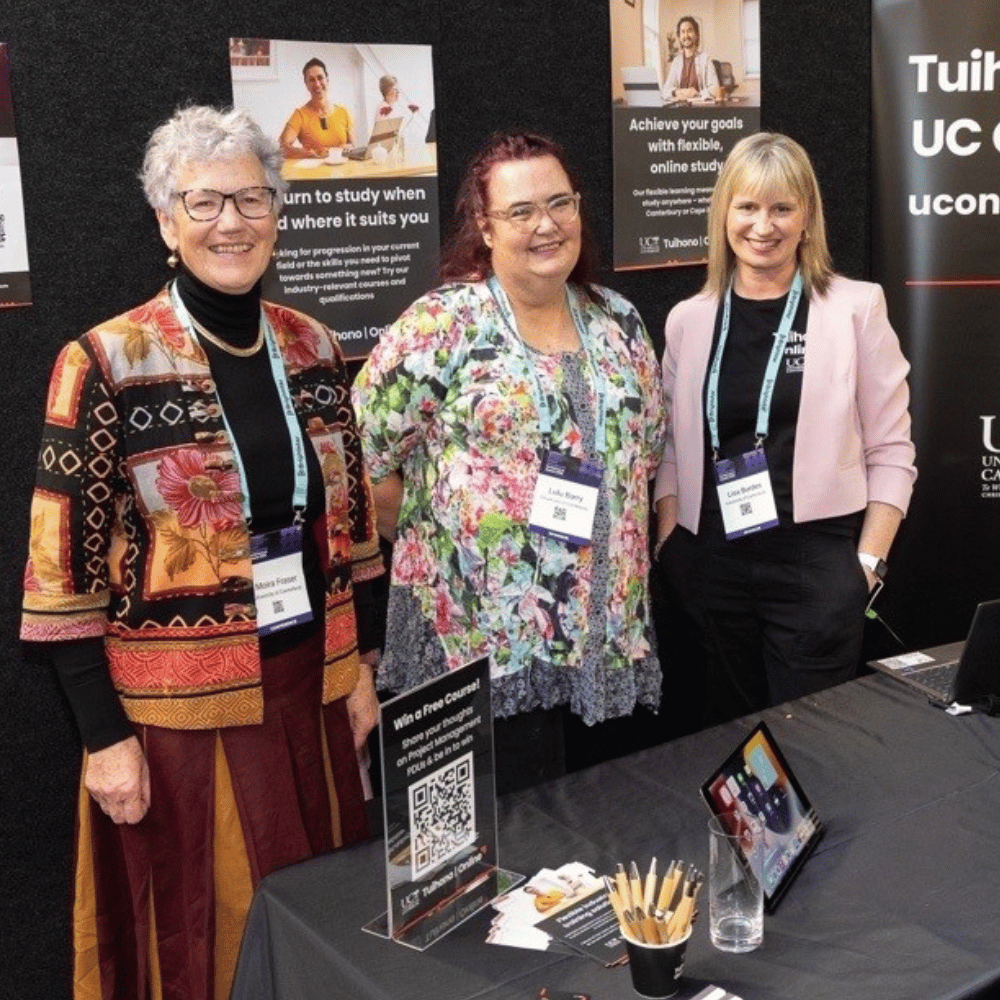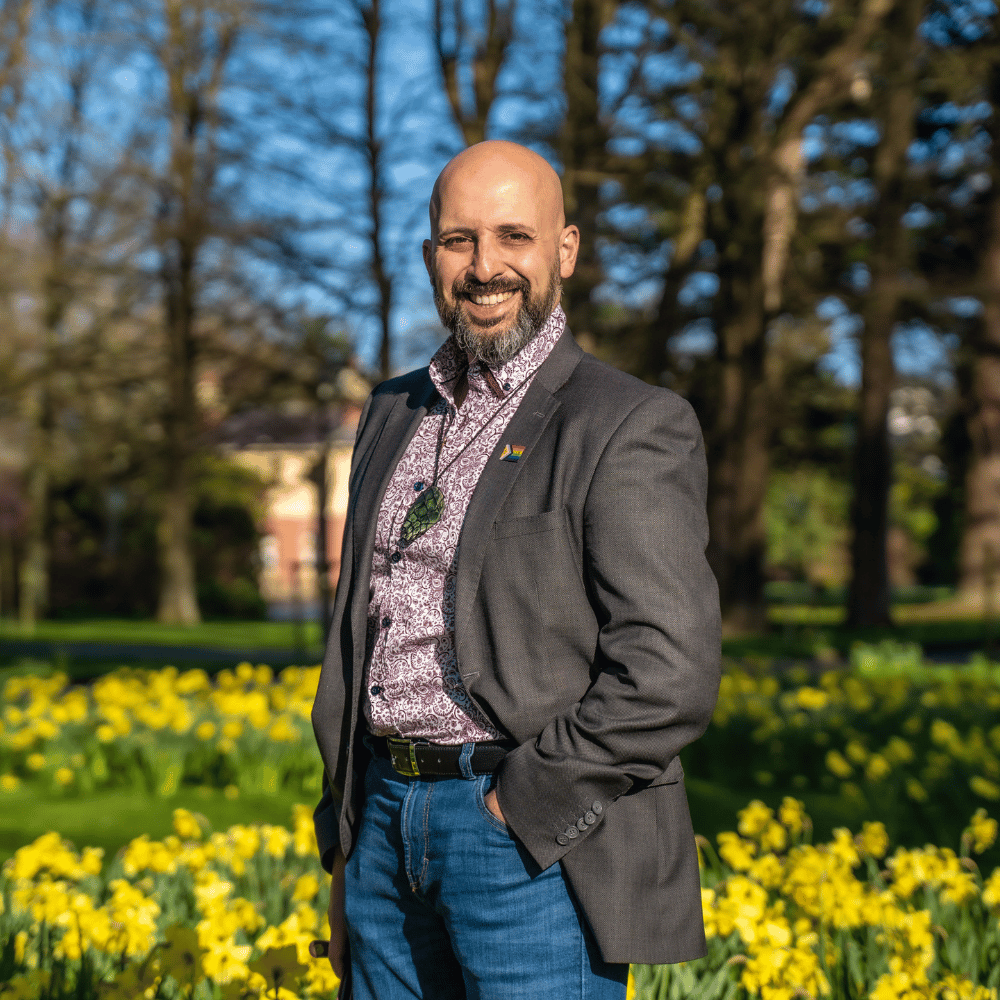In her online series of courses, author, clinical psychologist, educator and researcher Professor Julia Rucklidge shares her expert insight into the different aspects of hauora (health). From physical wellbeing to social wellbeing, she explores different ways to enhance health and happiness through psychology, nutrition and lifestyle changes.
Julia has received numerous local and international awards for her work in this space and her TEDx talk, The surprisingly dramatic role of nutrition in mental health, has been viewed over five million times!
If that wasn't impressive enough, she also co-authored the 2021 book, The Better Brain: Overcome Anxiety, Combat Depression, and Reduce ADHD and Stress with Nutrition. In-between her busy schedule, we asked Julia about her passion for and advice around wellbeing.
What’s missing from our current understanding of wellbeing and health?
The way we talk about mental health and mental wellbeing has been medicalised in recent years. This has led to specific interventions, which have made an important contribution to supporting people with mental health disorders; however, they have not helped enough people get well, nor do they address preventing problems from developing in the first place.
We need to adopt a more holistic perspective on health. Specifically, we need to support people to be resilient and avoid developing mental health challenges to begin with. By teaching people about nutrition, psychological health and wellbeing, I want to support people to flourish.
Why are you so passionate about the connection between psychological health and wellbeing?
Having seen conventional treatments fail so many, I am passionate about helping people find different options. By translating my and others’ research into practice, I hope that I can help make holistic nutritional, psychological and lifestyle interventions available to everybody.
Decades of research has uncovered many patterns in our thought processes that can hinder our ability to flourish. Evidence shows that cognitive distortions, fixed mindsets, unachievable reference points, or pursuit of material goods for achieving happiness, all can lead to poorer mental and physical health. Teaching people simple techniques to improve wellbeing quickly and sustainably brings huge rewards both personally and across our communities.




.jpg)






